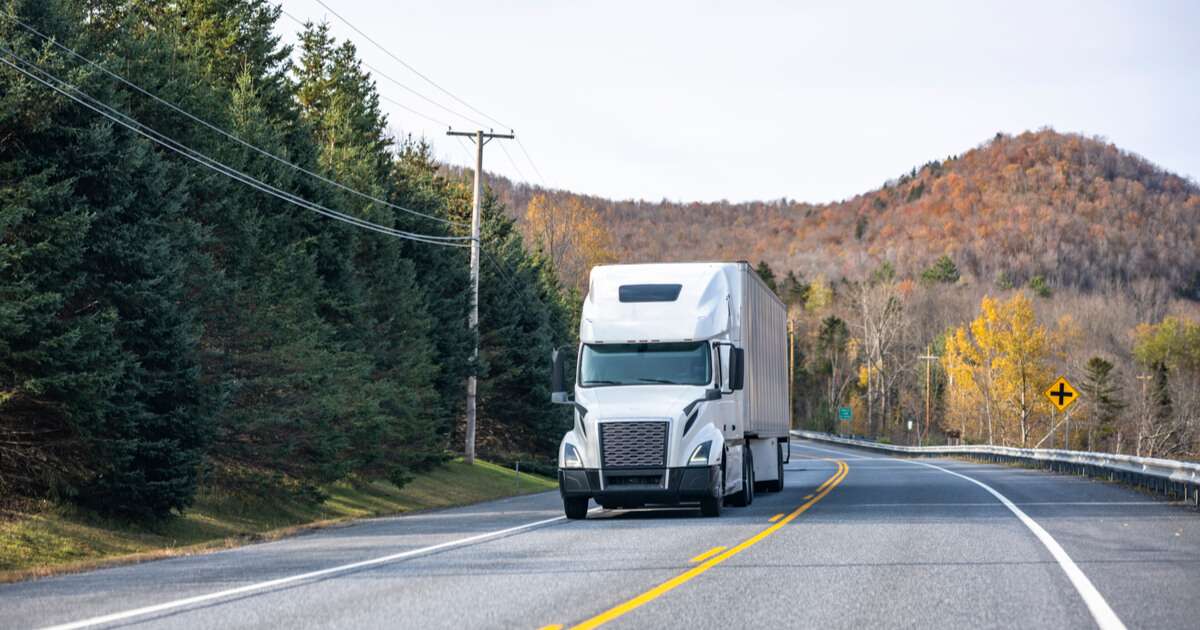
Is the U.S. Department of Transportation moving in the wrong direction as hours of service exemptions evaporate, and the federal agency seeks to hamstring freight deliveries with speed limiters?
For experienced truck drivers and newly-minted CDL holders, this is not a rhetorical question. The nation called upon truckers to keep the supply chain open when pandemic fears left millions sheltering in place. Those who climbed up in the cab and transported essential goods and materials saw their hours of service limitations waived due to national interests. But the most recent extension by the Federal Motor Carrier Safety Administration (FMCSA) appears to be shrinking the number of freight haulers who can apply common sense and take breaks when needed, not mandated.
The most recent FMCSA exemption lists truckers who move gasoline, diesel, jet fuel, ethyl alcohol, and heating fuel including propane, natural gas, and heating oil until August 31, 2022. It also includes baby formula after a major Abbott Nutrition plant shuttered in Michigan, leading to a national shortage.
These items were largely exempt since the previous administration issued the initial hours of service waiver. With the pandemic in retreat in 2021, the country suffered a pervasive supply chain crisis that saw more than 110 vessels stuck off the coast of California, backups at the Port of Savannah, and the Port of New York and New Jersey is ready to cry uncle. Widespread reports indicate that every significant port is about to get swamped by a tsunami of Asian imports by the end of June, making last year’s gridlock look like a slow bagger in a grocery store checkout line.
“With shippers seeking to avoid the risk of delays, this year’s peak shipping season is expected to start weeks earlier than usual, at the end of June, just as back-to-school and other seasonal products flood in. That will create high stakes for importers and for the White House as goods arrive against the backdrop of a fragile economy, racing inflation, and fresh memories of last year’s massive container-ship backups,” the Wall Street Journal reports.
The joint ports of Long Beach and Los Angeles handle upwards of 58 percent of all Asian imports, and reports indicate the country’s two largest facilities never got even with container vessels. An undisclosed number still idle off the coast, out of sight from land. On the East Coast, officials have been relatively transparent about the delays experienced at the Port of New York and New Jersey. But supply chain insiders are keenly aware that the Port of Shanghai is reopening to full capacity, and there aren’t enough CDL professionals to handle the coming surge.
His naturally begs the question of why the DOT-run FMCSA is focused on slowing down trucks with speed limiters and not unleashing every trucker’s maximum mileage potential?
Sources: wsj.com, apnews.com, thetrucker.com











The idiots who ‘run’ the country have no idea where to go or how to get there. All they can see is an opportunity to exercise control…..which is all that matters in their book